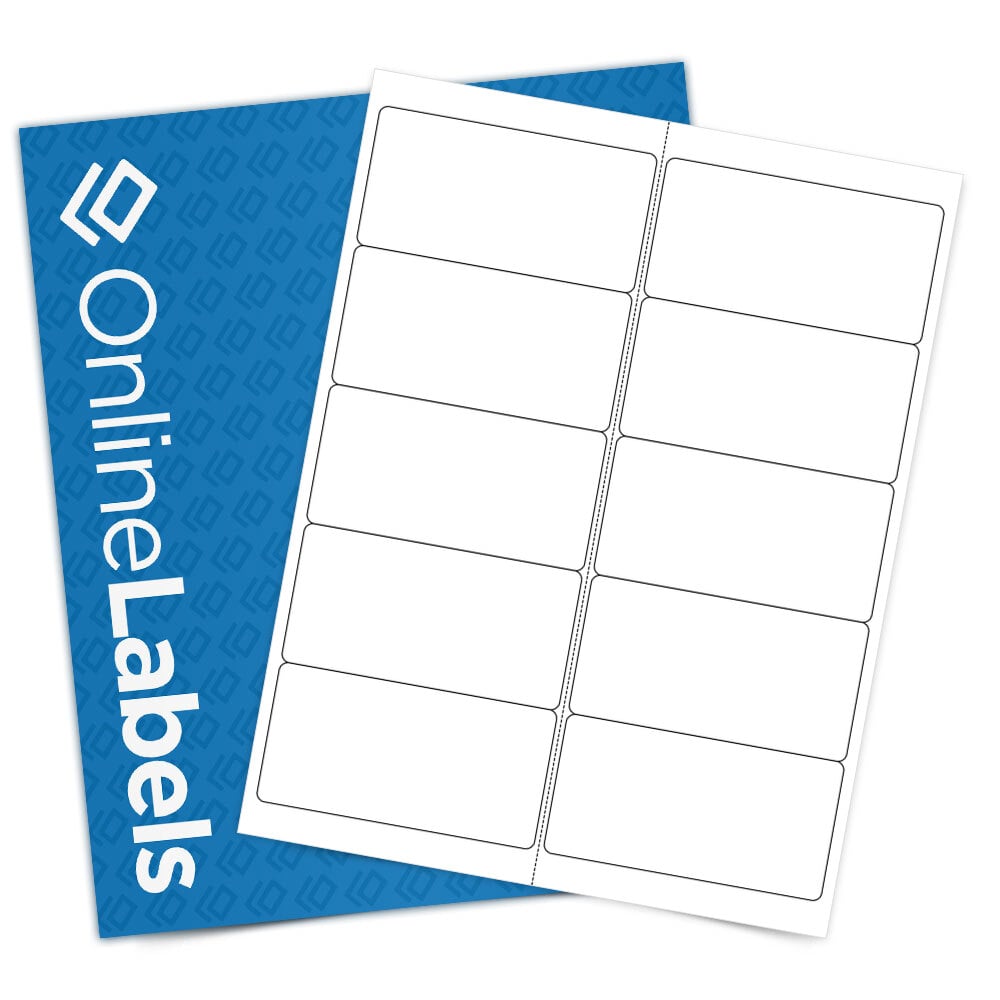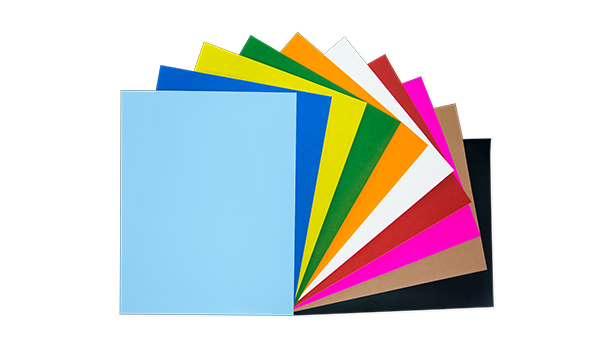Understanding Just How Blank Labels Job to Enhance Your Labeling Experience
Comprehending the technicians of blank labels is necessary for optimizing your labeling techniques throughout different contexts. These flexible tools supply considerable advantages, such as customization and versatility, making them a suitable option for both expert setups and personal use. From stock management to home organization, the implications of their critical application can lead to improved effectiveness. Nonetheless, to completely realize exactly how these labels can transform your processes, one have to take into consideration the various kinds offered and the myriad ways they can be tailored to suit details needs.

Advantages of Making Use Of Blank Labels
Blank labels use a versatile service for different labeling needs, making them invaluable in both individual and expert settings. Their flexibility allows customers to produce tailored labels customized to specific demands, boosting organizational effectiveness. Whether utilized in home workplaces, retail environments, or industrial applications, blank labels help with the recognition and categorization of products, papers, and individual things.
One considerable advantage of blank labels is their cost-effectiveness. By allowing customers to publish only the labels they need, waste is reduced, and stock monitoring comes to be a lot more workable. Additionally, blank labels work with numerous printing techniques, including inkjet and laser printers, making them easily accessible for different individuals.

Furthermore, using blank labels streamlines the procedure of upgrading information, as users can conveniently print new labels to change out-of-date ones, guaranteeing that all products and records are precisely classified. Generally, blank labels supply a useful and efficient labeling remedy for diverse applications.
Types of Blank Labels Available
What alternatives are readily available when it comes to blank labels? Blank labels come in a variety of types, each matched for various applications and preferences. One of the most usual kinds consist of paper labels, which are versatile and economical, making them excellent for daily use. They are available in different finishes, such as matte and shiny, permitting for aesthetic adaptability.
An additional popular option is artificial labels, often made from materials like polyester or vinyl. These labels are understood for their resilience and resistance to water, chemicals, and tearing, making them appropriate for extreme environments. They are typically made use of in industrial setups or for labeling items that may be subjected to dampness.
Additionally, there are thermal transfer labels, which need a printer that uses heat to move ink onto the tag surface area. These labels are preferred for their high-quality print and durability.
Lastly, specialized labels deal with particular demands, such as removable labels for temporary usage or high-temperature labels for severe conditions. Comprehending these options allows users to select the most suitable blank tag for their unique labeling requirements.
Customization Options for Labels
A vast array of customization choices is offered for labels, permitting individuals to tailor them to particular demands and branding requirements. Users can select from different dimensions, shapes, and materials to make certain that the labels efficiently fit their designated purpose. Typical materials include paper, polyester, and plastic, each providing different levels of toughness and visual charm.
Color options play a crucial role in personalization, making it possible for brands to preserve uniformity with their business identity. Customers can select from a spectrum of colors or even decide for personalized printing to match details branding elements. Additionally, labels can be printed with one-of-a-kind designs, logos, and message, boosting brand recognition and aesthetic impact.
An additional important facet is the selection of adhesive. Related Site Tags can be developed with long-term, removable, or repositionable adhesives, relying on the application requirements. This adaptability permits reliable labeling services throughout numerous atmospheres, from retail to commercial settings.

Tips for Effective Labeling
Effective labeling exceeds customization; it additionally includes strategic considerations that enhance capability and interaction. To achieve efficient labeling, begin by plainly defining the purpose of each tag. Think about the info that needs to be conveyed and ensure it exists in an uncomplicated manner. Using succinct language and preventing jargon can considerably improve understanding.
Next, prioritize exposure by choosing suitable colors and typefaces. High comparison in between text and history boosts readability, while bigger typefaces promote fast recognition. Additionally, make certain that labels are placed in a consistent and sensible way, making it less complicated for individuals to situate and interpret details.
Think about the durability of labels. Pick products suited for the specific environment where the labels will certainly be made use of, whether it be indoors or outdoors. Waterproof or tear-resistant alternatives might be needed relying on the context.
Lastly, frequently review and upgrade your labels to show any type of changes in info or use. This positive strategy not just maintains clearness yet likewise stays clear of complication gradually. By complying with these tips, you can take full advantage of the performance of your labeling efforts, guaranteeing they offer their intended function successfully.
Applications of Blank Labels
Blank labels offer many applications across different sectors, making them a very useful tool for company and interaction. These functional labels are frequently used in stockrooms for stock management, allowing organizations to easily identify and track items. By using blank labels to storage space containers, racks, or pallets, business can enhance their operations and minimize the possibility of mistakes.
In the healthcare industry, blank labels play an essential role in classifying medications and clinical materials, ensuring correct identification and usage. Extra resources Customizable labels can consist of essential information such as dosage, expiration days, and patient information, improving security and compliance.
In retail, blank labels assist in rates items, supplying promotions, or labeling shelf areas, which ultimately improves the client experience. They enable fast updates to pricing or item info without the requirement for pre-printed labels.
In addition, blank labels are advantageous for individual usage, such as organizing home offices, crafting, or identifying food containers. Their adaptability enables individuals to develop tailored remedies that meet particular needs. Overall, the applications of blank labels are substantial, underscoring their significance Full Article in cultivating performance and quality in various settings.
Conclusion
Finally, blank labels offer a versatile and efficient solution for different classifying requirements. Their adaptability in size, shape, and product enables tailored applications throughout various environments. By leveraging personalization choices and effective labeling techniques, companies can boost clarity and communication (Blank Labels). Eventually, the assimilation of blank labels right into functional processes contributes to enhanced efficiency, making them an important resource for both personal and professional use.